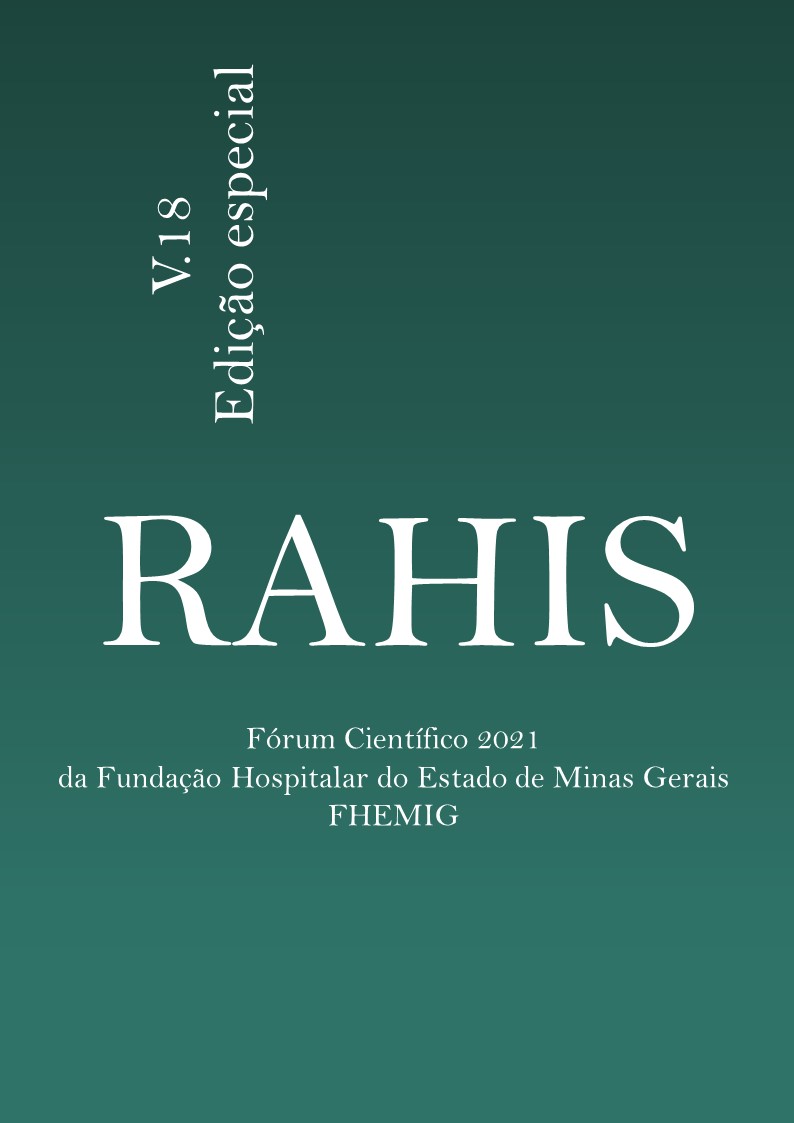Abstract
Introduction: Tuberculosis (TB) is a chronic and endemic infectious disease, transmitted through the airway of a patient with active pulmonar or laryngeal tuberculosis. In public health, the most importante species is M. tuberculosis, also known as Koch´s bacillus (BK). Bone TB mainly affects the spine and the hip and knee joints. Spinal tuberculosis (Pott´s disease) is responsible for about 1% of all TB cases and up to 50% of all bone TB cases. Case description: A 57-year-old male patient, ex-smoker ande x-alcoholic, admitted with suspicion of Covid-19. He had productive cough, chest pain, left neck pain, dysphagia, severe and unquantified weight loss and night fever. RT-PCR negative, BAAR positive, and computed tomography of the chest and cervical spine suggestive of pulmonary and bone tuberculosis of the spine. Treatment was started. Discussion: TB is a disease with high incidence and mortality in worldwide, being one of the main causes of death among infectious diseases. Pott´s disease is rare and difficult to diagnose, and may progress to paraplegia due to spinal cord compression. For diagnosis, laboratory studies, imaging exams, tissue with cultures, histology and polymerase chain reaction are recommended. Therapy for Pott´s disease is anti-tuberculosis chemotherapy, with the surgical approach in the background. Conclusion: Tuberculosis is the leading cause of death from a single infectious agent in worldwide. Brazil is among the 30 countries with a high burden of TB, considered by WHO to be priorities for the control of the disease. The early diagnosis of Pott´s disease is essential. Therefore, in patients with suspected symptoms this hypothesis must be raised.
